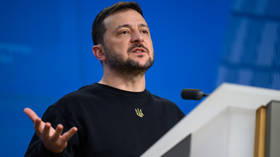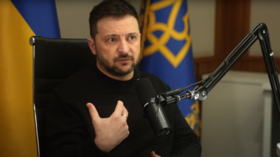‘Like North Korea’: Belgian prison staff strike leaves inmates ‘insurrectional’
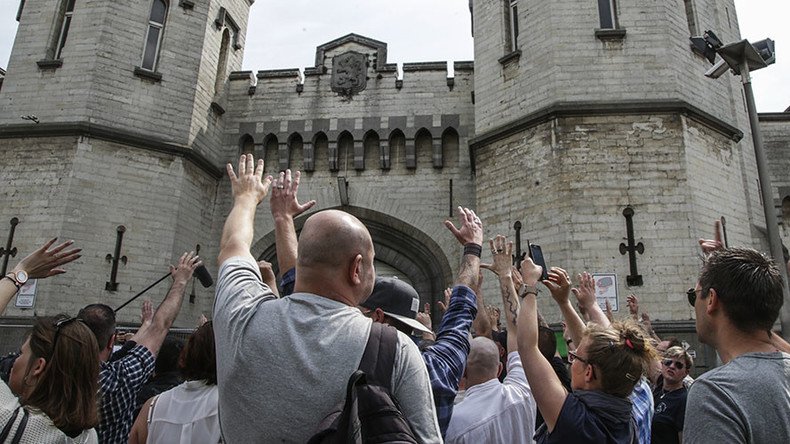
Violent incidents have broken out in prisons across Belgium as a staff strike enters its third week, forcing the government to bring in the army, leaving human rights groups aghast at the treatment of prisoners.
"The situation has become unbearable, there is a lot of tension inside," Vincent Spronck, governor of Brussels’ Forest prison, told the media. "The inmates can't go out, they are stuck in their cells all day, they aren't getting fresh air, the bed sheets aren't getting changed, they are not allowed any visits. We have to find a solution to this crisis."
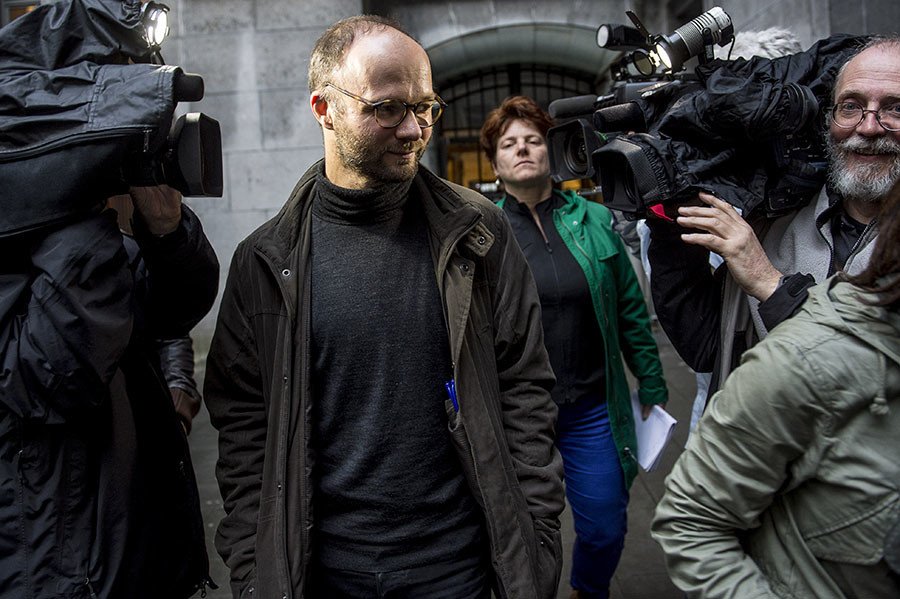
Seventeen prisons in French-speaking Wallonia and Brussels have been affected by the standoff, after Francophone unions rejected proposed staffing cuts from local authorities. Increasingly, desperate negotiations have dragged on, with the latest talks collapsing over the weekend.
“The situation is nearly insurrectional, detention conditions have become completely inhuman,” Alexis Deswaef, a lawyer and president of Belgium’s Human Rights League, told AFP. He said prisoners have resorted to smashing up furniture and starting fires in protest.
Regular police and the Red Cross have been deployed to jails since the start of the crisis, but in the past week more radical measures have been deemed necessary.
Six units of 30 soldiers have been sent to prisons, in a move that the government says “provides additional humanitarian support," but in the words of critics constitutes a violation of human rights.
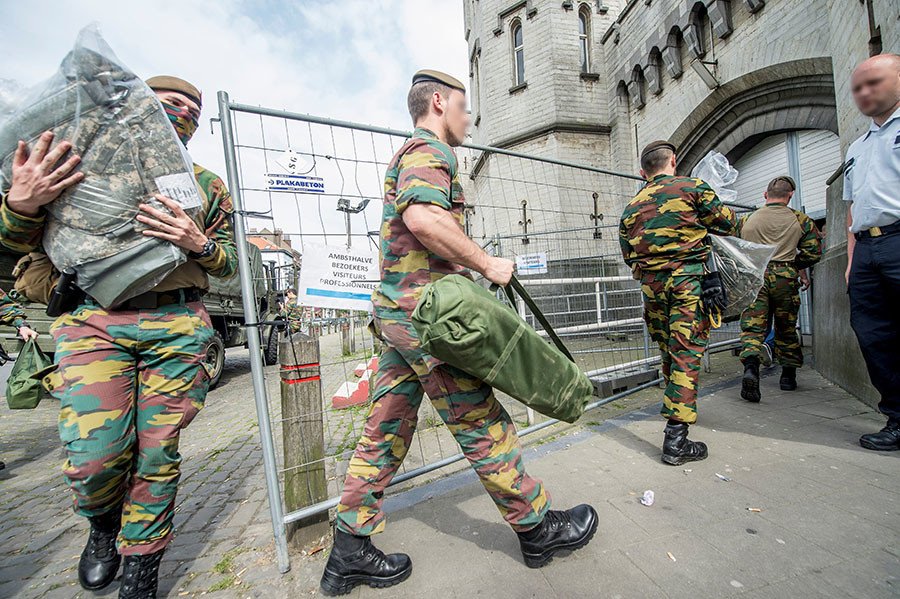
"This sets a dangerous precedent, to use the Army to sort out a social issue," Deswaef said.
"It’s totally irresponsible to let the military in with their pepper spray and batons," Olivier Masset, a delegate for the CGSP union at Forest, asserted.
"It looks like the blackest days of eastern Europe or like present-day Russia or North Korea," Marc Dizier, president of the Association of Francophone Prisons, told AFP.
The Council of Europe’s anti-torture committee, the CPT, made an emergency tour of some of the worst-hit prisons over the weekend, which will be used to produce recommendations for the government.
French-Flemish antagonism & radicalization fears come to the fore
The latest Belgian crisis has been symbolic of two wider national issues.
The first is the French-Flemish divide. Belgium has the second-most overcrowded prisons in the European Union, but the problem is predominantly concentrated in the French-speaking system. In Forest, there are 370 inmates for 280 places, and the situation is not untypical. Wealthier Flanders, where the federal government has not stepped in, has been entirely untouched by the crisis.
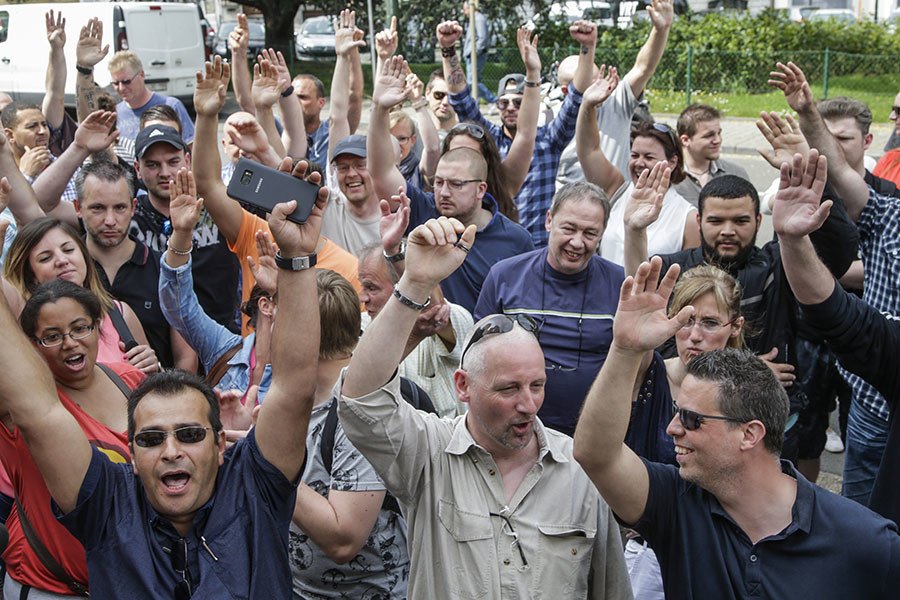
"This is a pressure cooker that is more likely to blow up every day, and the response of the federal government is not appropriate," said Marc-Jean Ghyssels, the Socialist mayor of the commune of Forest, who has brought in an extraordinary law that forbids overcrowding.
The second is radicalization, allowed to flourish as the divided nation wallows in its inefficiency and fights regional battles. The Belgian perpetrators of the Paris attacks last year, and the Brussels explosions in March were predominantly Francophone, and several had served time in the very jails that have now been thrown into chaos.
"There is no money for any social guidance, any psychological guidance, any religious guidance,” Deswaef told the BBC. "You put very radicalized people in together with moderates and in the end you get just the very radicalized. It's a factory for more radicalization."





